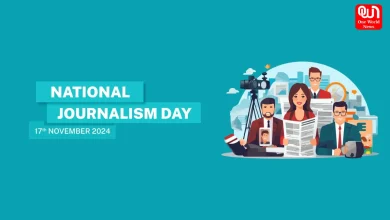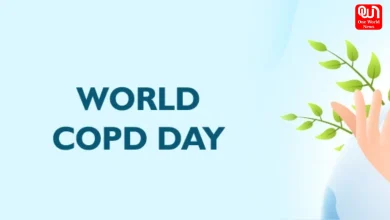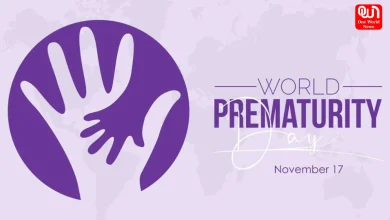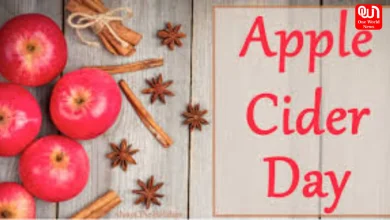How to promote period positivity?

6 ways to promote period positivity in the society
Menstruation is a taboo in our society, and we don’t have to go far to find examples of this. Often, what is taught about periods are harmful myths that make people feel ashamed of their bodies. We’re taught that menstruation is dirty, disgusting, and something that’s to be kept a secret. This stigma leads to a lot of misinformation around menstruation, a lack of open discussion about period-related health issues, and not enough access to menstrual products. As a society, it’s absolutely imperative that we work towards destigmatizing menstruation. The mainstream media hardly mentions periods, and when it does, the discussions are cloaked in euphemisms.
Period positivity means promoting menstrual literacy and dispelling all the myths and stereotypes associated with periods. Ending period shaming is also a part of period positivity. Every year, due to this lack of menstrual literacy, many girls are deprived of their basic human rights and are unable to maintain good menstrual hygiene during periods. You can promote it in many ways at your level. Know 5 such ways:
1. Talk about periods: The confusion related to anything ends when you talk openly about it. Therefore, talk openly about periods and explain to the person in front that there is nothing to be ashamed of. The more you promote Menstrual Literacy, the better it will be for everyone. Especially explain to girls younger than you that periods are a normal process and they do not need to feel any kind of shame for this.
2. Understand your responsibility: If today you are in a privileged place and you do not have to fight with periods and this associated taboo around you, then it does not mean that your responsibility ends here. It is very important to raise your voice not only for yourself but for the next generation. Talk to as many people as possible about periods and share information among themselves. The more vocal you are about it, the better.
Read More: How can you make your home eco-friendly?
3. Raise Awareness of Period Products: Nowadays, there are many types of period products available in the market, about which many people are still not aware. Therefore, explain the advantages and disadvantages of these products to the people so that they can choose the best product for themselves. Maybe a better option is pads for some and tampons or menstrual cups for others, they will know this only when they are fully aware of this. Hence period product awareness is essential.
4. Join organizations: There are many organizations promoting period positivity and you can connect with anyone as per your convenience. Also, be a part of such campaigns where conferences and seminars are conducted about periods. Doing this will be a great help to you at your level.
5. Don’t tolerate period shaming: Whether it is happening with you or with someone else, period shaming is very wrong. If you ever go through this or see it then don’t be absolutely silent and completely oppose it. Period shaming is still a big problem in society and it is necessary to end it as soon as possible.
6. Include People Who Are Trans and/or Non-Binary: Menstruation is equated with femininity and womanhood. When we’re taught sex education and biology in school, we are told that menstruation is something that cis women – and only cis women – experience. The packaging of menstrual products like tampons and pads target women by using stereotypical ideas of what appeals to women. If we need to speak about those who menstruate, instead of referring to “women and girls,” we can simply refer to “people” or “people who menstruate.”
Trans and non-binary people should feel safe discussing any period-related issues openly. They should have access to quality, compassionate healthcare and information around menstruation. They should feel comfortable when buying menstrual products or seeing adverts for pads and tampons. They shouldn’t have their identity invalidated by whether or not they menstruate.
Have a news story, an interesting write-up or simply a suggestion? Write to us at info@oneworldnews.com







